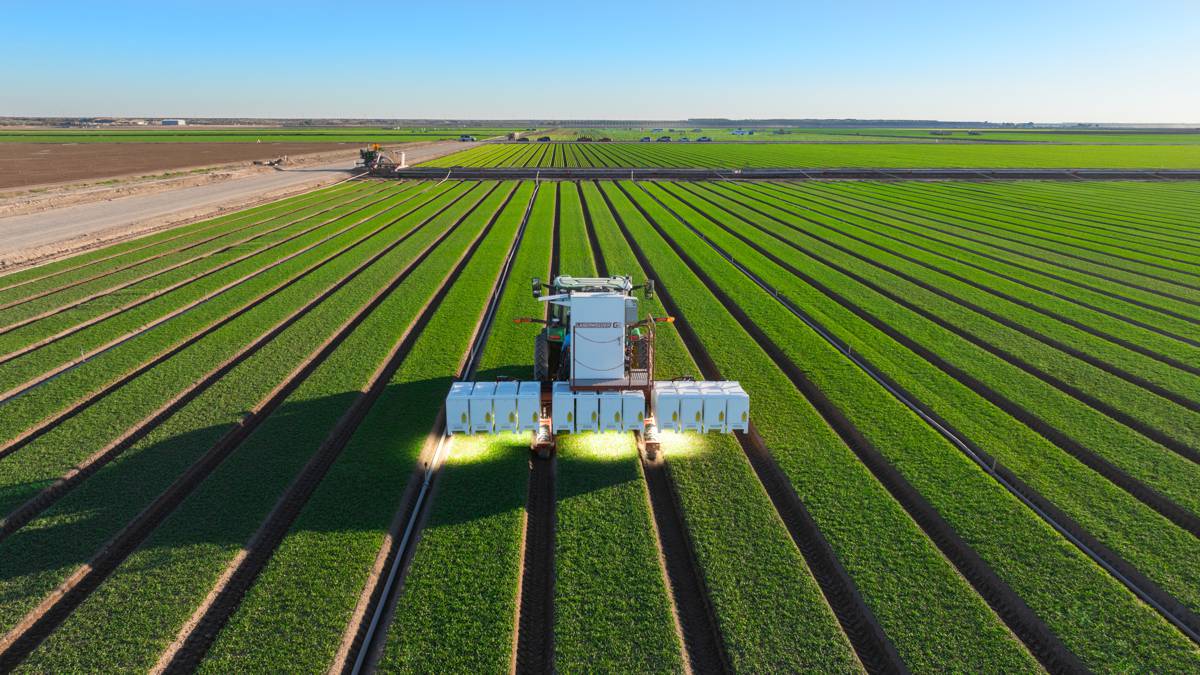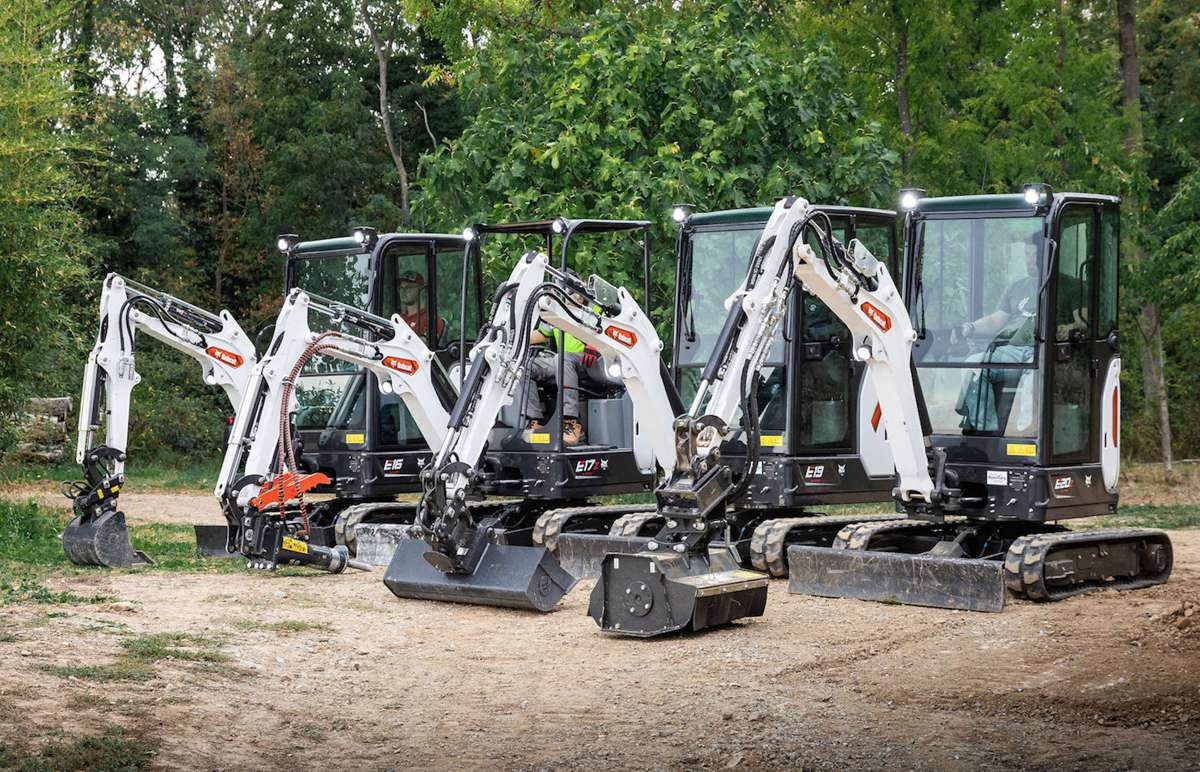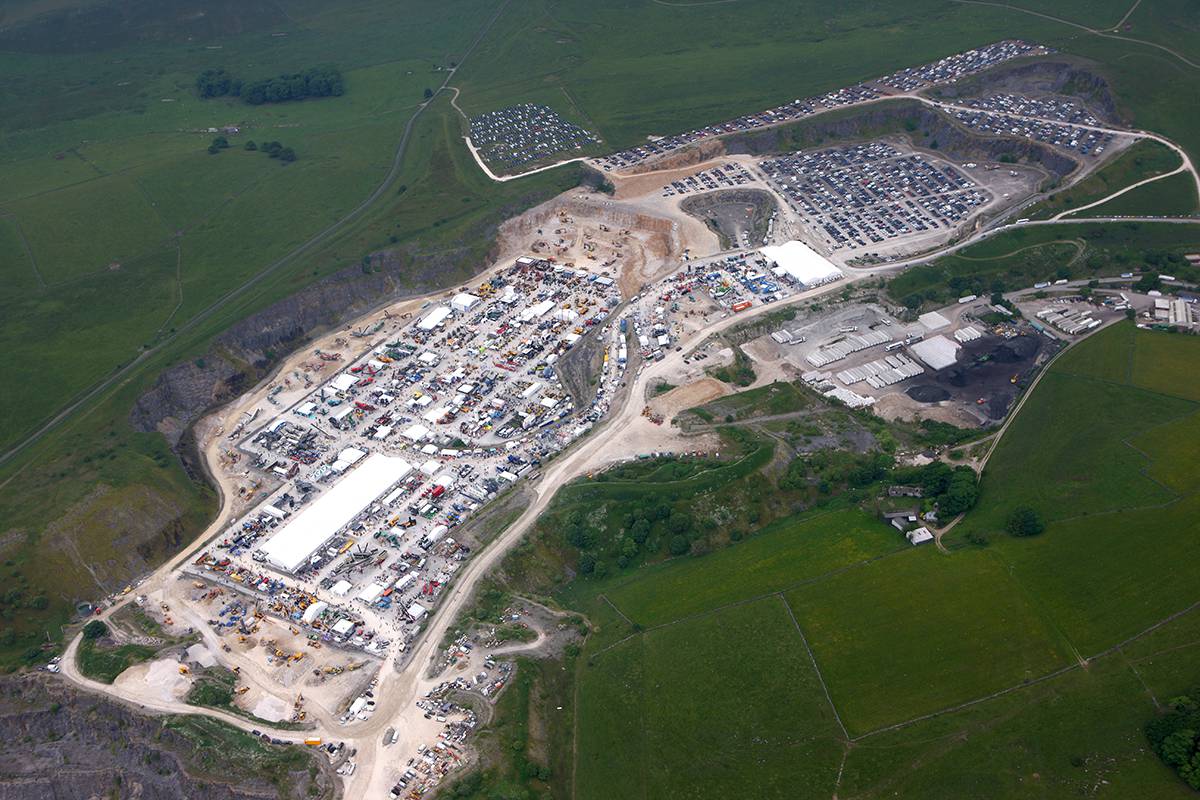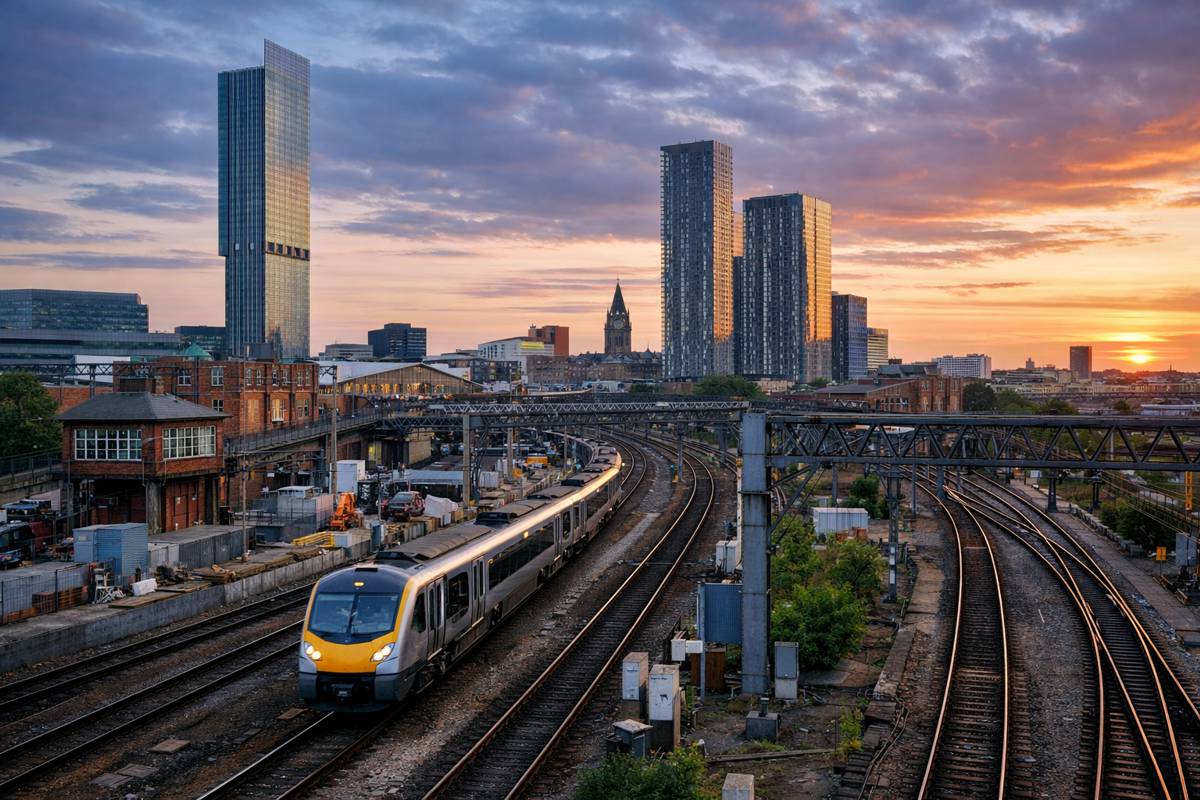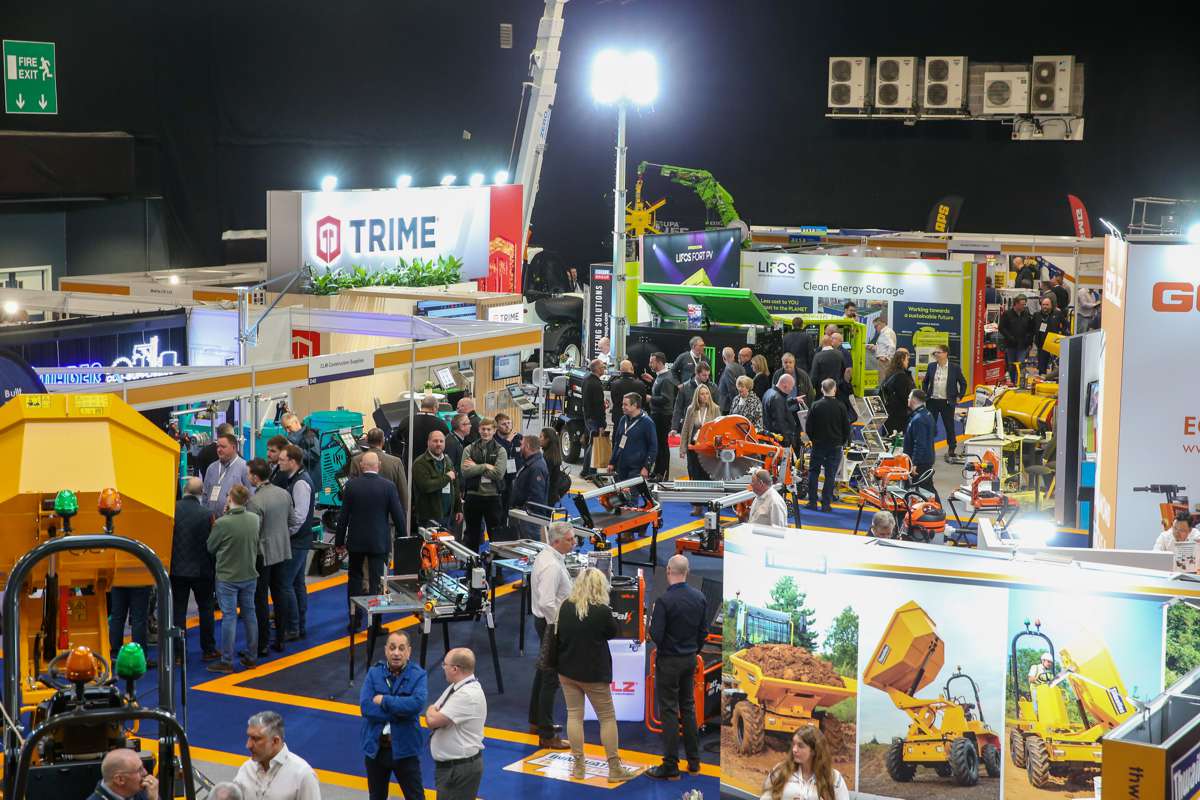Success for the Small Robot Company with £1.2 million Crowdcube campaign
Small Robot Company, a British agritech start-up for sustainable farming, today announced that it has raised £1.2 million on Crowdcube equity crowdfunding platform. It reached its initial funding target of £500,000 within minutes of its launch thanks largely to support from the farming community.
The company’s hugely successful campaign received support from far and wide. Its biggest support came from the farming, technology and ‘eco’ communities. Investors included Matt Jones, Principle Designer at Google AI; Mark Ellingham, founder of the Rough Guides; and Andrew Ward, MBE, Farmers Weekly Farming Champion and Arable Farmer of the Year.
Small Robot Company harnesses the power and precision of robots and Artificial Intelligence (AI) to improve the way that food is produced and minimise chemical usage. It will make farms more profitable, and increase yield and efficiency, through using small robots instead of tractors. Its farmbots Tom Dick and Harry will plant, feed and weed arable crops autonomously, with minimal waste.
This now takes the total funding raised by the Small Robot Company to £2.5 million in total. This includes two awards from Innovate UK, £300,000 seed funding from farmers (including £90,000 in presales), £50,000 raised from Indiegogo crowdfunding, and a £50,000 Horizonatal Innovation Award from the the Institute of Engineering and Technology.
“Anything that can help change for the better the way we produce food on this planet is urgently needed,” comments Matt Jones, Principal Designer, Google AI, fellow of the Small Robot and investor in Small Robot Company. “I’m excited to invest and support the Small Robot Company team in their mission to change farming for the better with humanscale AI and robotics.”
“What attracts me about Small Robot Company is the prospect of dramatically reducing the use of fertilisers and pesticides – an urgent need for our rivers and for nature generally,” comments Mark Ellingham, Founder of the Rough Guides, fellow of the Small Robot and investor in Small Robot Company. “I also like the idea that Small Robot Company can help small farmers, levelling the ploughing fields, so to speak.”
“This is game-changing for Small Robot Company. We have already made phenomenal progress. Just one year on from our foundation, we already have three prototype robots and an AI that can tell Wheat from Weed,” says Sam Watson Jones, co-founder and fourth generation Shropshire farmer. “With this backing through Crowdcube, we are now poised to completely transform food production.”
“We were overwhelmed with the support we received from far and wide, and in particular from the farming community, who fuelled our initial success. Thanks to hundreds of farmers flocking to support us, we smashed our target within minutes. Approaching two thirds of our initial success was due to farmers, who collectively contributed several hundred thousand pounds between them. This then fuelled our campaign to achieve more than double our goal.”
Farmer investors: ‘a new future for food production’
“We are now on the cusp of a fourth agricultural revolution. Food production and environmental care is at the heart of that,” said investor Andrew Ward, MBE Farmers Weekly Farming Champion & Arable Farmer of the Year, and member of the Small Robot Company Farmer Advisory Group. “We can’t achieve this without robotics and automation becoming part of everyday farm life. Cost of production is rising at an alarming rate. Applying products to 100% of a field needs to change. My zero tolerance approach to blackgrass is working. The next stage is to use robotics to only apply herbicides to those plants which need them.”
“Farming is ripe for disruptive change. Over the next decade we must become more profitable, reverse environmental damage, communicate better with the public and grow more food, for more people than ever before,” comments investor Tom Clarke, Nature Friendly Farmer, NFU Sugar Board, OFC19 Emerging Leader and member of the Small Robot Company Farmer Advisory Group. “The ONLY way this is possible is with the sort of innovation developed by the Small Robot Company. It’s an approach which will completely revolutionise crop-growing, and I’m very proud to be a part of it.”
“The Small Robot Company’s work gives us a glimpse of a new future for food production. As a farmer I feel that current crop production methods seem to be running out of places to go to make improvements in productivity,” said investor George Renner, farmer and no-till pioneer, and member of the Small Robot Company Farmer Advisory Group. “The vision the Small Robot Company offers shows that there really is the potential now to completely revolutionise crop production like never before. I am hugely excited to be involved with such a bold project.
“Like many arable farmers we would like to reduce the use of pesticides, encourage wildlife on our farm and improve soil health – while farming as efficiently as possible to maintain the viability of the farming business,” said investor Kate Brown, farmer, W R Brown (Farms) Ltd. “The Small Robot Company’s vision is to help farmers achieve all these aims which is why we are keen to work with them.”
“Non-chemical weeding is the holy grail. Farmers crop protection toolbox is under ever growing pressure. Legislation is leaving us increasingly short of options,” comments investor Tom Jewers, farmer and member of the Small Robot Company Farmer Advisory Group. “Fundamentally, the current farming system itself is also inherently inefficient. Meanwhile blackgrass has become a massive problem. We desperately need to develop ways to reduce the need for expensive plant protection products and artificial fertilisers. The ability to treat only the plants that actually need it is game-changing.”
“The time is now for Smart Farming. Every other industry has benefited from Digital,” said investor Will Evans, Farmer Rock and Roll Farming Podcast. “Technology is rapidly transforming food production – and Small Robot Company has the vision, drive and ambition to take this forward.”
Milestones and momentum
Small Robot Company’s prototype Tom monitoring robot is already developed and in field trials on 20 farms across the UK, including the Waitrose Leckford Estate farm and the National Trust Wimpole Estate. This prototype embodies all the core technology needed for Small Robot Company’s farmbot family. This includes autonomy, geolocation, obstacle avoidance, navigation and the ability to accurately position objects on a map within 2 centimetres.
An early version of Wilma (its AI ‘nervous system’ and brains of the operation) was also unveiled at the WIREDLive Innovationfestival in November. Wilma is the core of an intelligent, autonomous crop management system for arable farming. Following extensive field trials, and artificial intelligence training with partner Cosmonio over the last six months, Wilma can already distinguish Wheat plants from ‘Not-Wheat’, meaning any images of items that are not wheat plants.
Dick, its precision spraying and non-chemical weeding robot, will be developed through 2019. An early prototype for non-chemical weeding will be unveiled later in 2019, with micro-spraying and digital planting being developed for the end of 2019 and early 2020.
Small Robot Company will work in conjunction with its trial farmers to develop the technology from early proof of concept prototype to a more robust working model.
The company is now be working to establish its ‘Hundred Club’ panel of an additional 100 farmers, both for regular consultation and to come on board to trial its robotics service when it is ready for large scale commercial trials in 2021.
“We’re on the cusp of a fourth agricultural revolution, taking farming into the digital age: and with British ideas and British technology at the helm,” says Ben Scott-Robinson, co-founder, Small Robot Company. “Our Tom, Dick and Harry robots will completely transform what’s possible on the farm. It will radically reduce chemical usage in arable farming, while improving soils, profits and yields. It’s the ultimate sustainable farming model.”
“Feeding an estimated extra 2.2 billion people living on planet earth by 2050 is going to be one of the biggest challenges we face in the future,” says Alan Howard, the IET’s Design and Manufacturing Lead. “This brilliant idea from Small Robot Company, with its ingenious application of robotics and automation technologies, could provide a vital and secure source of food to help feed the world”.
“There is a huge amount of investment going into agritech at the moment, with more than $10bn invested in the sector in 2017, a figure that is projected to rise both this year and next,” concludes Watson Jones. “However, most of these investment deals are private affairs and individual investors rarely get a chance to participate. Which is why we were excited to partner with Crowdcube to share the opportunity to grow a business which is working to change the way that technology is used to produce food.”























